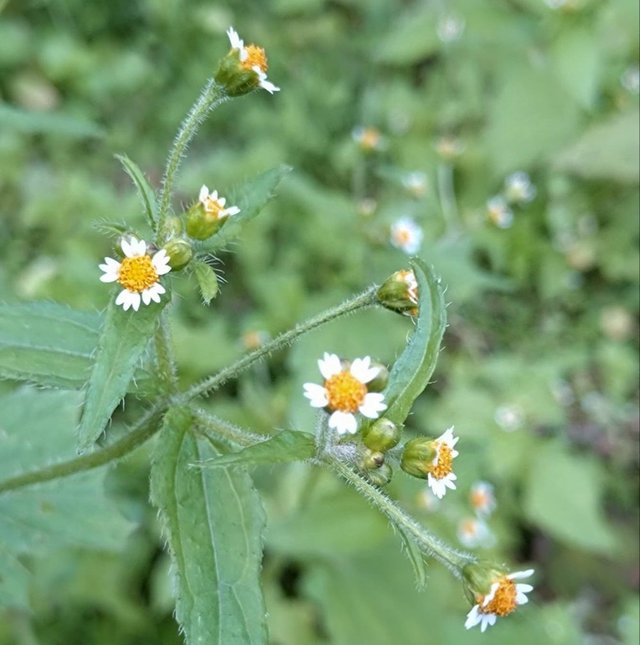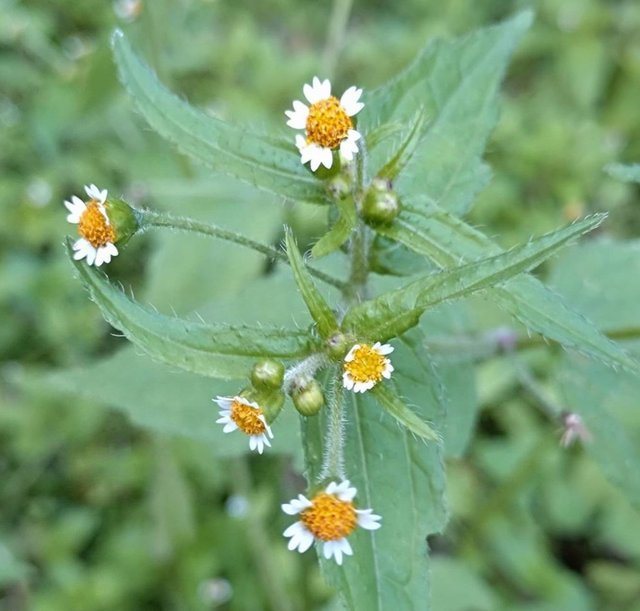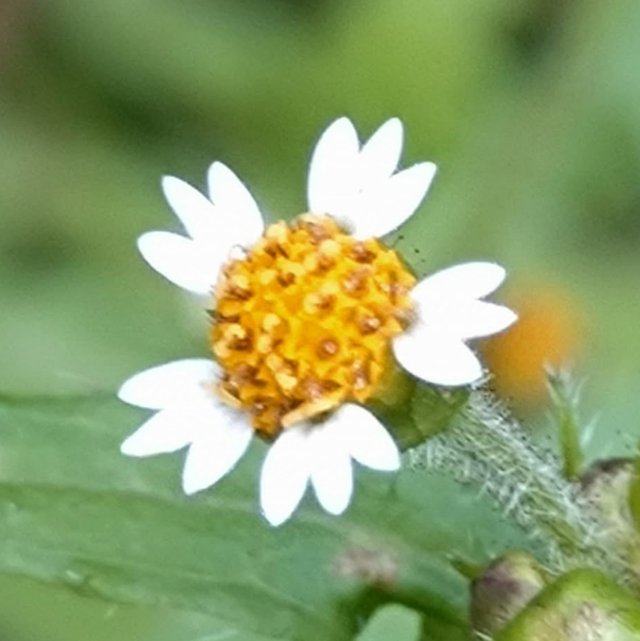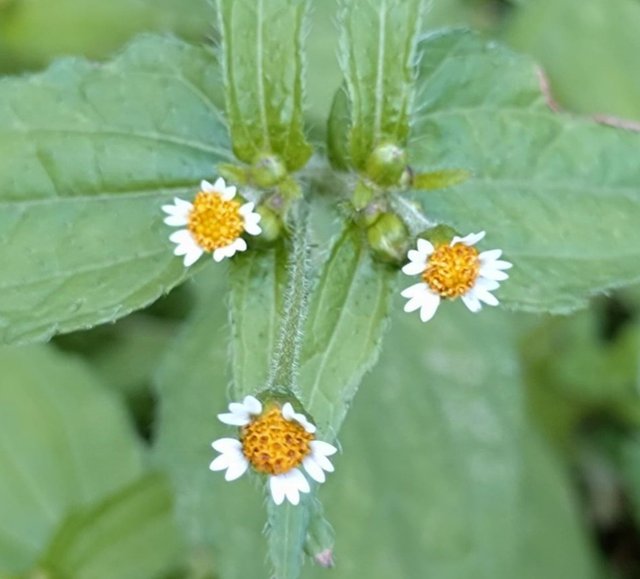The Shaggy Soldier: A Resilient and Invasive Plant
The shaggy soldier, also known as hairy galinsoga, is a resilient annual plant that has earned its place among the most notorious weeds worldwide. With its unassuming appearance, it thrives in diverse environments and has a reputation for being both a botanical nuisance and a fascinating specimen for study. Here, we dive into its characteristics, habitat, uses, and impact on ecosystems.
Identification and Characteristics
The shaggy soldier is a member of the Asteraceae family, easily identified by its small size and unique features:
Height: Typically grows 10-70 cm tall, depending on soil fertility and environmental conditions.
Leaves: The plant has ovate, oppositely arranged leaves with serrated edges. Fine hairs cover the leaves and stems, giving it a "shaggy" appearance.
Flowers: Tiny but striking, each flower head features five white petals surrounding a yellow disc. The flowers are inconspicuous yet prolific, ensuring high seed production.
Seeds: The seeds, or achenes, are tiny, lightweight, and equipped with bristles, aiding their dispersal by wind, animals, and human activity.
Habitat and Spread
Native to Central and South America, shaggy soldier has spread to nearly every continent, thriving in disturbed soils such as gardens, farms, roadsides, and urban areas. Its adaptability to various soil types and climates makes it a formidable invader.
This weed is a master of opportunism:
Lifecycle: It completes its lifecycle in a few months, producing thousands of seeds per plant.
Reproduction: Seeds germinate rapidly, often outcompeting native vegetation or crops.
Resistance: Shaggy soldier is resistant to many common herbicides, requiring integrated weed management strategies.
Impact on Agriculture and Ecosystems
The spread of shaggy soldier poses significant challenges:
Crop Competition: It competes aggressively with crops like maize, soybeans, and vegetables, reducing yields.
Soil Nutrient Depletion: Its rapid growth and dense coverage exhaust soil nutrients, leaving less available for surrounding plants.




